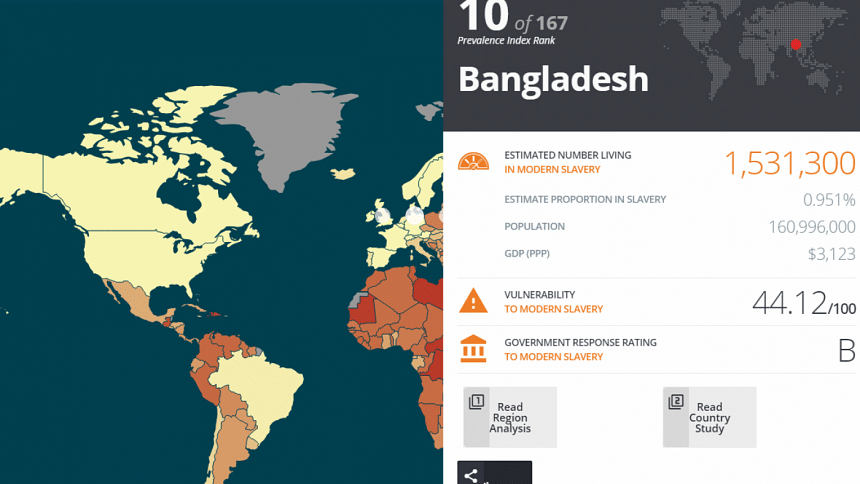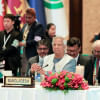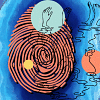15 lakh people trapped in modern day slavery

Over 15 lakh people in Bangladesh are living in modern slavery, with some 44 percent of the population being vulnerable to the scourge, says a new report.
The 2016 Global Slavery Index defines slavery as "situations of exploitation that a person cannot refuse or leave because of threats, violence, coercion, abuse of power or deception".
Australia-based Walk Free Foundation prepared the report after conducting surveys in partnership with American research company Gallup in 167 countries across the world.
Bangladesh ranked 10th among the countries in terms of the prevalence of the curse.
The 2014 report had put the number of Bangladeshis living in modern slavery at 6.8 lakh.
The new report says 45.8 million people across the globe are in some form of modern slavery.
North Korea has the highest portion -- 4.37 percent of its population in modern slavery -- followed by Uzbekistan (3.97 percent) and Cambodia (1.65 percent).
India tops the list of the countries with most modern slaves -- 18.35 million.
China (3.39 million), Pakistan (2.13 million), Bangladesh (1.53) and Uzbekistan (1.23 million) follow India.
Bangladesh is the 11th most vulnerable country in Asia in terms of the population vulnerable to modern slavery.
The report says endemic poverty, natural disasters, and corruption contribute to the vulnerability factor. Conflict such as inter-communal violence is also to blame.
“Forced labour [exposed to 80 percent of the population] was more prevalent than forced marriage [20 percent] in Bangladesh.”
Furthermore, forced labour was particularly prevalent in manufacturing, manual labour, construction, drug production and farming sectors.
According to the report, forced labour largely affected men (82.5 percent) as compared to 17.5 percent women, while forced marriage disproportionately affected women (88 percent) as compared to 12 percent men.
“While forced prostitution is a problem affecting nearly 390,000 people, information about the age of victims subject to forced prostitution is not available,” it said.
Anecdotal evidence suggests that children are also at risk of organ trafficking in Bangladesh.
The Bangladesh government was ranked fourth in the region for the strength of its response to modern slavery.
“Yet it must be borne in mind that the implementation of programmes and policies to combat modern slavery in practice are not cohesively implemented in Bangladesh,” the report said.
Andrew Forrest, founder and chairman of Walk Free Foundation, called on the nations to take urgent actions to end modern slavery.
“The freeing of communities from slavery not only brings in the rule of law, it emphasises property rights, common decency and strength of family for each former individual in slavery,” he was quoted as saying in the report.

 For all latest news, follow The Daily Star's Google News channel.
For all latest news, follow The Daily Star's Google News channel. 








Comments